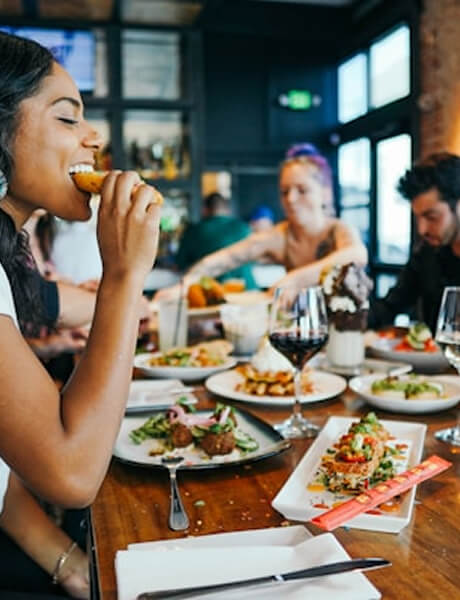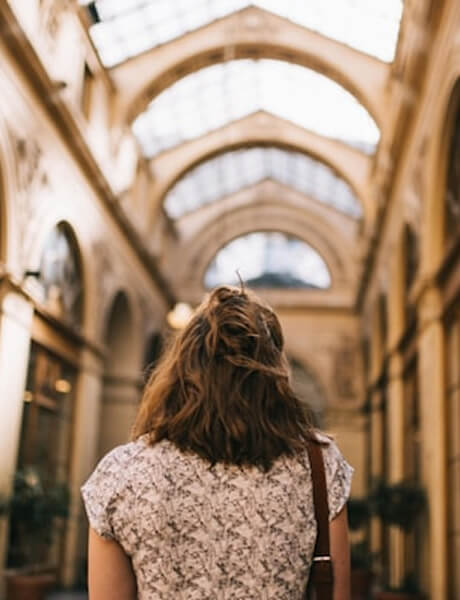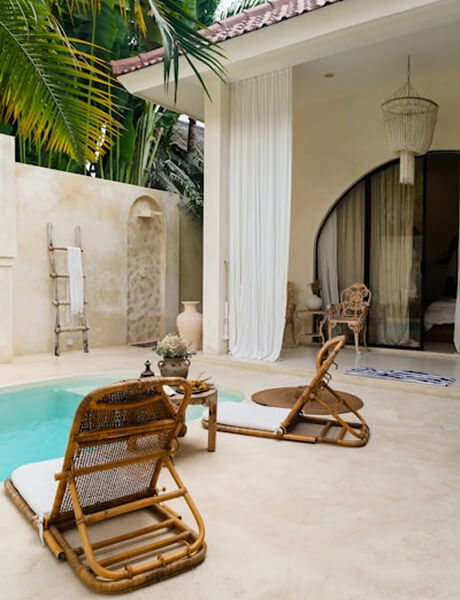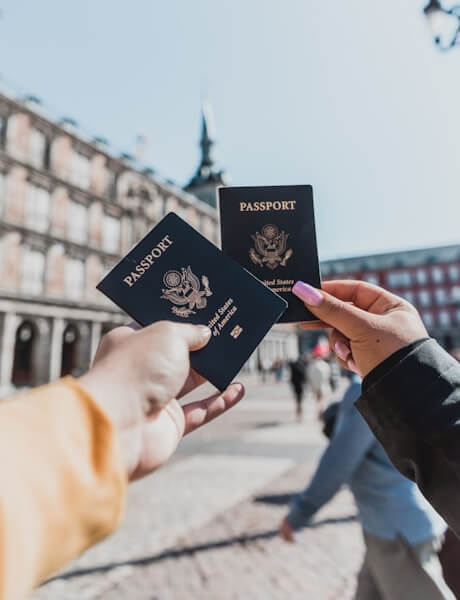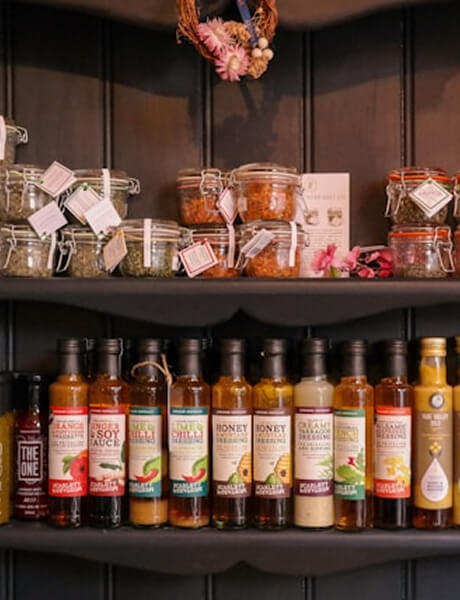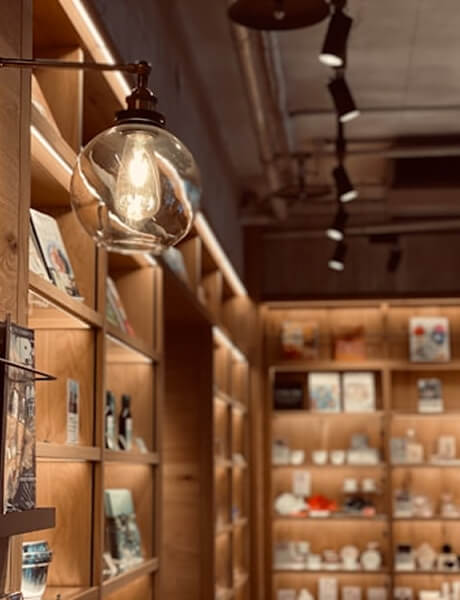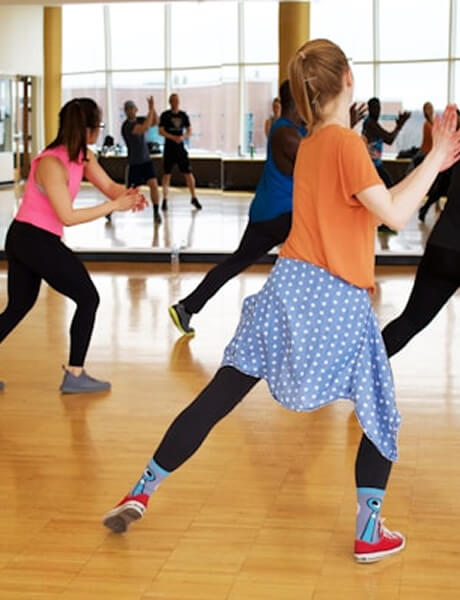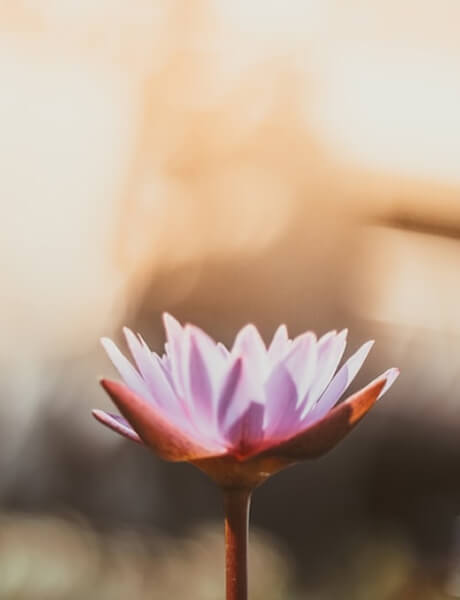
Travel guide Venise
The best time to go à VENISE
Practical information for travel à VENISE
Get your travel guide: VENISE

What to see what to do à VENISE?

Where to go à VENISE?
The most beautiful tourist sites
Other nearby tourist attractions de VENISE
25 km away
Petit Futé's best addresses à VENISE
Discover the most beautiful addresses selected by the authors of Petit Futé.
Featured articles de VENISE

Where to go as a couple without flying in 2025? 10 romantic destinations in Europe
Published on 12/08/2025 Sustainable tourism
There's no need to travel to the other side of the world for your honeymoon or romantic getaway. France has its share of charming towns and regions, but Europe is no exception either. What's more,...

Getting to Venice without flying: itinerary tips in 2025
Published on 07/08/2025 Sustainable tourism
Venice, city of the Doges, canals and romance, needs no introduction. Unfortunately, there's no longer any need to present the risks that the Serenissima is facing as a result of global warming. As...

What to do and see in Italy The 27 must-sees in 2025
Published on 24/06/2025 Activities and experiences
Engaging, exotic and enchanting : three adjectives that perfectly define Italy. From the Alps to the Apennines, from the white sandy beaches of the south to the green valleys of the north, the peninsula...
How to travel à VENISE
How to go alone
There are many direct flights to Venice at prices ranging from one to four times the price. Please note that the price variation depends on the airline you fly with and, most importantly, on how soon you book your flight. In order to get the best rates, it is essential to book well in advance. Think of buying your tickets several months before your departure!
How to go on a tour
Travel agencies offer all-inclusive weekends to enjoy all the wonders of Venice but also longer tours including the other most touristic cities of the northern half of Italy: Rome, Florence, Pisa, Siena... The Biennale and the Carnival of Venice are also the subject of all-inclusive event formulas.
How to get around
The easiest way to get around is on foot because the heart of the city is completely closed to traffic. For longer trips, there is the vaporetto (boat bus). The city has about fifteen vaporetto lines that allow you to quickly reach any site on the lagoon.
Book your next trip with Kayak
Travel à VENISE
Ideas for holidays and week-end breaks à VENISE
Services
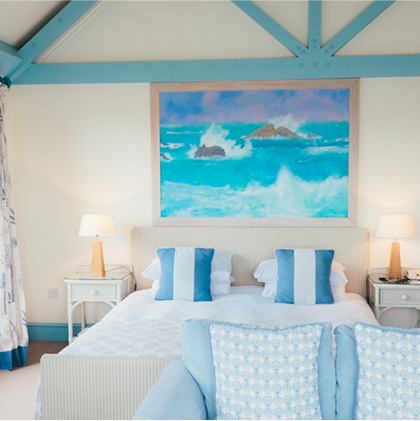
Find a hotel with Booking.com
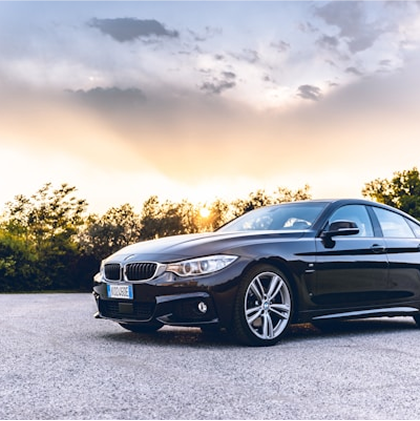
Rent a car with Bsp-auto
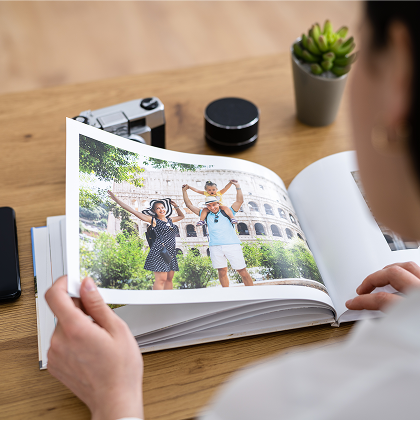
Create a blog and travel journal
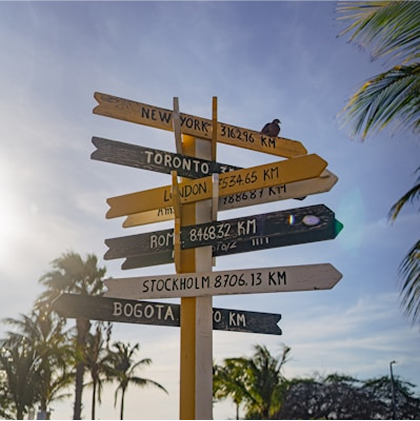
Find an agency with Quotatrip
Find unique holiday offers with our partners
Discover VENISE
The daily life of the Venetians has a strong relationship with history. Stones, palaces, churches keep in memory the glory hours and challenges of the Serenissima, when the lagoon city shone over the centuries but had to face the worst misfortunes, like the plague epidemic (1575-1577).
This festive city has always loved to commemorate and parade in costume, to make a spectacle of itself. Each of these colorful events is worth a visit to Venice. Among them, the Winter Carnival is certainly the most famous, with its parades, masks and wild parties.
The Biennale is also a major event in the city. The Serenissima then puts on the colors of contemporary art, cinema, architecture and design. And the gondola ride? The ultimate cliché? It may be the most touristy thing in the world, but it's still very charming.
The 12 keywords à VENISE
#ACQUA ALTA
Caused by natural circumstances,acqua alta regularly flooded Venice. These tides, considered picturesque by tourists, had become more frequent, to the point of worrying residents. This led to the activation of MOSE in 2020, a system of barriers protecting the city after the exceptional tide of November 2019.
#CONTEMPORARY ART
Proud of its past and its architectural masterpieces, Venice also knows how to appreciate the world around it. The Pinault and Guggenheim collections and other galleries illustrate the city's passion for contemporary art. Not to mention the Biennale which, every two years, focuses all attention on the latest trends.

#BOATS
Boats of all kinds criss-cross the Venetian canals: firemen, ambulances, taxis, rubbish bins, but also vaporetti, gondolas, reefer boats for transporting fruit and vegetables. Whether you travel by gondola, taxi or vaporetto, you'll have to adapt to the slow, deliciously slow Venetian rhythm anyway
#CALLI
Calli (from the Latin " callis ", street) were the name given to the narrow, winding passages between houses in Venice, where the main access to buildings was usually via the canals. A term that has since entered common parlance to designate the long(calle lunga) or short(calletta) streets that sculpt the local urban landscape.
#CARNAVAL
Every year, Venice invites the whole world to its legendary Carnival. Parades, fireworks and entertainment follow one another along the calli and campi. Palaces and public places come alive in an atmosphere that, while less authentic today than in the 18th century, remains spontaneous and jovial.
#CICCHETTI
These tapas, made of slices of bread filled with fish, seafood, cheese, cold cuts, vegetables and other ingredients, are the essential appetizers that accompany any self-respecting aperitif in Venice. Cicchetti can be enjoyed at the counter of a bacaro or sitting along a beautiful canal with a glass of spritz or prosecco in hand.

#LION
In Veneto, the image of the winged lion is certainly the most frequently seen. A symbol of St. Mark the Evangelist, it can be found on the city's flag and many of its monuments. He is also depicted with theGospel open, bearing the Latin inscription "Paix à toi, Marc, mon évangélisateur" ("Peace to you, Mark, my evangelizer").

#MASKS
A Venetian icon, the mask has been part of the daily life of Venetians since the 17th century. Used as a disguise during festivals, but also as a subtle way to hide one's identity outside the carnival period, this object comes in a variety of shapes and colors. Handmade, made of papier-mâché, it is impossible to leave without buying one!
#PALAZZI
" Palazzi " means "palace"(palazzo in the singular). You'll find a plethora of them in Venice and the Veneto region. They represent a variety of architectural styles and periods. They once belonged to local noble families. Most have since been transformed into museums, boutique hotels or chic restaurants.

#BRIDGES
Venice is said to have some 415 bridges: wooden, stone, iron, etc. There are famous structures such as the majestic Rialto Bridge, the mysterious Bridge of Sighs or the astonishing Ponte Chiodo, delivered without railings... Elsewhere in Veneto, bridges are also used as scenery, as is the case for the sublime Ponte Pietra in Verona.
#PROSECCO
Called Prosecco di Conegliano or Prosecco di Valdobbiadene, depending on the commune of origin, it is sometimes a very fruity dry wine and sometimes a sparkling wine which then belongs to the spumante family. Prosecco comes from the Veneto region and is mainly grown on the hills of the province of Treviso. Come on, let's toast without further ado! Salute!
#UNESCO
With eight UNESCO World Heritage Sites, Veneto is one of the most valued regions in Italy. It is home to places renowned for their artistic and/or environmental heritage: Venice and its lagoon, Vicenza and its villas, the Dolomite massif, the Scrovegni Chapel in Padua, to name but a few.
You are from here, if...
Do your shopping from a boat: some vendors sell fruit and vegetables from their boats (notably at Ponte dei Pugni, near Campo San Barnaba, or along the small canal at the end of via Garibaldi).
Stroll along the Zattere quays at sunset, ice cream cone in hand, watching the boats go by.
Take a picnic to Sant'Elena, one of Venice's few green lungs, and choose a spot overlooking St. Mark's and the Lido.
Hop on a bike and take a ride to the hamlet of Malamocco, at the southern end of the Lido, stopping for a spritz in the village square.
You stroll through the town, braving theacqua alta ( as long as its level remains reasonable), ankle-deep in water and wearing a good pair of rubber boots.
You have a cappuccino standing up at the counter, accompanied by a brioche- a croissant topped with jam, cream or chocolate.







